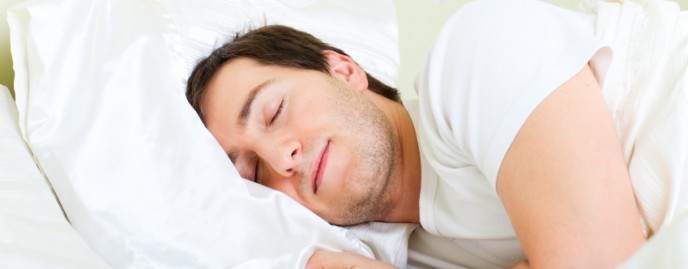Is sleep just a time to rest, or is it more? As it turns out sleep is intimately tied in with health and longevity. It turns out that sleep is not just rest, but has various cycles that we go in and out of all night long. Each phase of sleep is critical to your health. The phase of sleep that we know as REM sleep seems to mediate all kinds of bodily functions that influence health. Not enough REM sleep has implications for lifestyle diseases like obesity, diabetes, and heart disease.
The truth is that large number of Americans do not get enough sleep, and one major reason is our new technology. We can now take our work home on laptops and smart phones, check email all hours of the night, surf the web until late, and shop till we drop online. Some of us never turn off these devices and have become slaves to them, and their negative effects on our sleep patterns. A new poll shows that 58% of teens only get 7 or less hours of sleep per night.
One reason that many of us do not get enough sleep is the excessive exposure to bright lights at night, which plays havoc with our circadian rhythms that govern sleep. Melatonin, the fix-and-rejuvenate hormone is released at night, but is dependent on the light and dark cycles of day and night. When we get too much light at night, we interfere with these endocrine systems, and the result is a disruption in our sleep cycles. Too much light at night can also disrupt melatonin release, which tends to diminish as we age. Melatonin repairs free radical damage in the body as we sleep. The melatonin precursor 5HTP, (an over the counter option) seems to help some people to sleep better, and have more melatonin release.
But recent research also connects poor sleep to metabolic problems such as hypertension, obesity and diabetes. The researchers posit that by addressing sleep habits, it is possible to both prevent and reverse metabolic syndrome. How sleep actually influences these conditions is becoming clearer as time goes on. Apparently, your sleep habits affect the body’s ability to control food intake through a hormone called leptin, which controls your appetite, and determines how much you actually eat. Sleep also has an effect on how you metabolize glucose, and have balance in the body’s energy systems. And increasingly, the disruption of our sleep habits seems to be connected to our use of smart phones, tablets computers and video games in the evening.
It is even true that infants who do not sleep enough eat more, and are more likely to be obese later in life. Poor sleep seems to make it particularly difficult to lose weight. One study found that people who only sleep 5 hours per night were 73% more likely to become obese than those who slept for 9 hours. The lack of sleep, and the development of diabetes seems to be linked also to the ability of sleep deprivation to reduce insulin sensitivity, even in young people, who slept less than 6.5 hours per night. But by controlling both your insulin and leptin levels, you can beat the odds for developing heart disease, high blood pressure, and even cancer. Sleep is also dependent on the level of physical activity. And for type II diabetics, the consumption of refined carbohydrates, particularly fructose, seems to drive these insulin-related diseases.
Sleep deprivation also seems to trigger the release of ghrelin, the hormone that triggers hunger. Too little sleep also affects the release of the thyroid and stress hormones which profoundly affect you memory, immune system, heart and metabolism.
To sleep better, you need to be physically active outdoors IN THE BRIGHT SUNSHINE if possible. The reason? Most of us spend the day indoors and are “light deficient…” that is, we do not have enough exposure to natural light in the daytime. Then we expose ourselves to too much light in the evening via light bulbs and electronic devices. You need bright outdoor light for at least 30 minutes per day. Dim the lights in the evening, and install light bulbs that block the blue spectrum of light. Keep the bedroom dark and do not sleep with night lights. These simple interventions should make a real difference in the quality of your sleep, and in your health in general.

